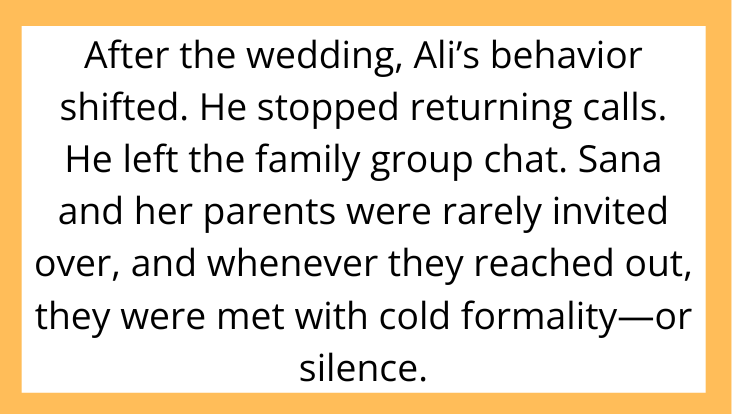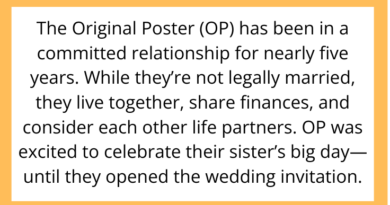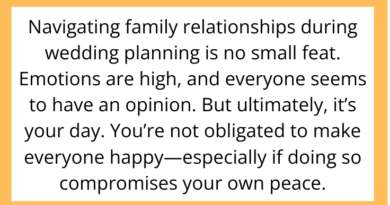AITAH for Refusing to Help My Brother Financially After He Cut Me Off for Years?
Family and finances are two of the most volatile topics out there—and when they collide, it’s almost always explosive. In this AITAH scenario pulled from a real Reddit post, one sibling is forced to choose between standing firm and letting go of years of resentment—or opening their wallet to help the very person who once abandoned them.
Let’s explore the situation and see who, if anyone, is truly the villain here.
The Background: Years of Silence

A 34-year-old woman—let’s call her Sana—turned to Reddit’s r/AITAH community with a question that’s divided readers. Sana explained that she and her older brother, Ali (36), used to be extremely close growing up. But that changed in their mid-20s, when Ali married into a wealthy family.
After the wedding, Ali’s behavior shifted. He stopped returning calls. He left the family group chat. Sana and her parents were rarely invited over, and whenever they reached out, they were met with cold formality—or silence.
“It was like we were beneath him,” Sana wrote. “He didn’t even come to my wedding.”
This went on for nearly eight years.
The Twist: Ali Comes Back—Asking for Money
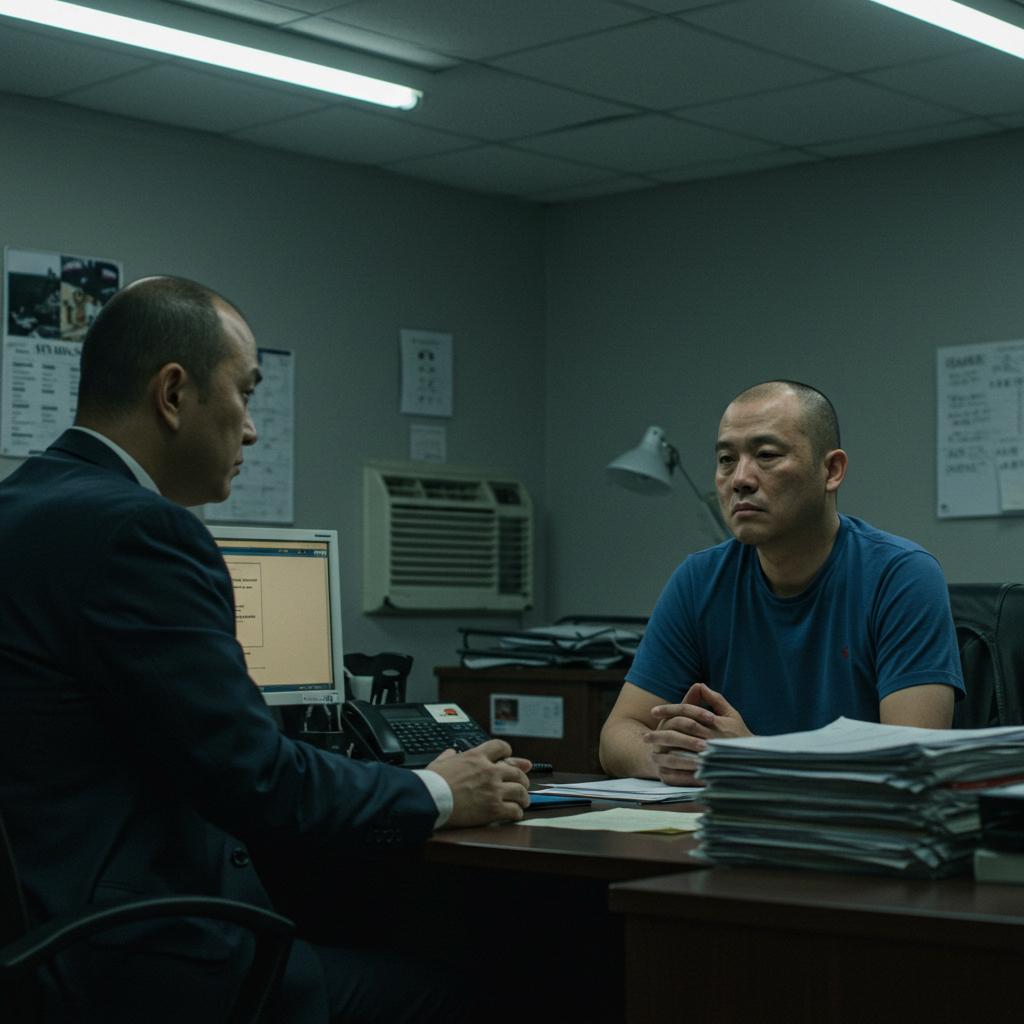
Recently, Ali reached out to Sana out of the blue. His business had failed. His in-laws were no longer financially supporting him, and he was facing eviction. He apologized vaguely for being “distant” and asked if Sana could help with a loan—about $10,000.
Sana was stunned.
“I don’t hate him,” she said. “But it felt like the only reason he came back was because he needed something.”
She declined the request.
Ali then accused her of being bitter, selfish, and vindictive. He claimed family should always come through for one another in hard times—no matter what happened in the past.
Drawing the Line: Forgiveness vs. Financial Boundaries
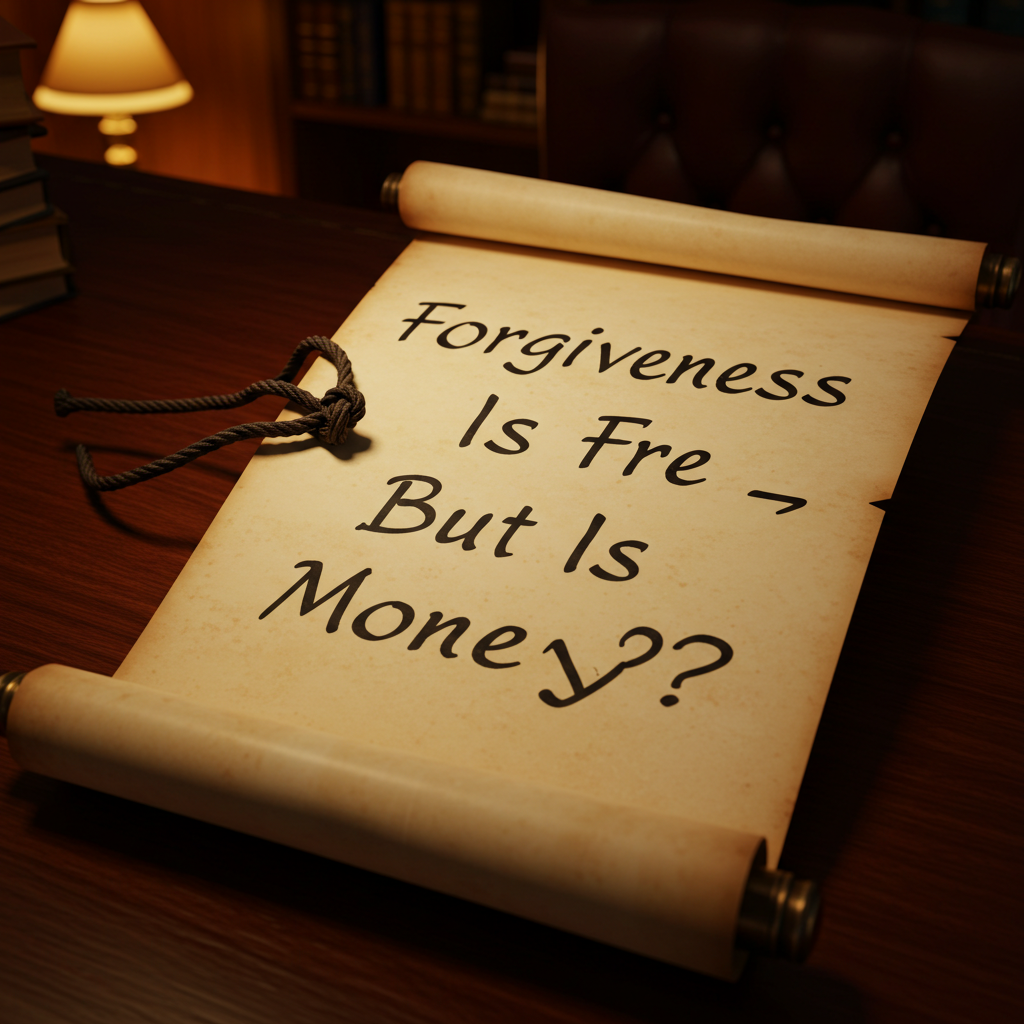
Sana’s Point of View: Trust Was Broken
From Sana’s perspective, the issue wasn’t just the money. It was the principle. Ali had willingly cut her out of his life for almost a decade—and now, suddenly, she was supposed to drop everything and play the role of supportive sister?
She wasn’t trying to punish him, but she didn’t feel emotionally or financially obligated to help someone who had treated her like she didn’t exist.
“I worked hard to build my savings. I don’t want to spend it bailing out someone who only sees me as useful when he’s desperate,” she wrote.
Ali’s Argument: Family Should Forgive
Ali, on the other hand, saw things differently. He admitted that he’d grown distant but chalked it up to “life and priorities changing.” He felt that asking for help during a crisis wasn’t unreasonable, and that Sana’s refusal proved she was still holding a grudge.
He accused her of being petty—and suggested that if the roles were reversed, he would have helped her without question.
What Reddit Said: Sana Is NTA

The majority of Reddit users came to Sana’s defense.
Top comment:
“He burned that bridge. Now he wants to walk back over the ashes like nothing happened? Nope. You’re allowed to protect your peace and your bank account.”
Others pointed out that financial help is never owed, especially when trust and relationship history are so strained.
Some added that if Ali had made a sincere effort to rebuild their relationship first, things might have been different.
However, a minority felt that Sana might be holding on to resentment unnecessarily and that helping her brother—even just partially—could have been a chance for healing.
The Real Question: Does Time Heal All Wounds?

This story taps into something universal—when, if ever, do we owe help to people who’ve hurt us?
There’s no easy answer. Some people believe in unconditional family loyalty. Others, like Sana, believe that relationships—especially those involving money—must be rooted in trust and mutual respect.
Forgiveness and generosity are admirable. But so are boundaries and self-respect.
What Could Have Changed the Outcome?
If You’re in Sana’s Shoes:
-
Trust your instincts. If the relationship isn’t healthy, you don’t have to say yes.
-
You can offer emotional support or non-financial help if you’re open to reconnection.
-
It’s okay to ask: Would they do the same for me?
If You’re in Ali’s Shoes:
-
Rebuild the relationship before asking for help.
-
Apologize sincerely for the past—not just as a formality.
-
Understand that “no” isn’t always personal—it might just be a boundary.
Final Thoughts: Saying No Doesn’t Make You the Villain

This AITAH story reminds us that boundaries are a form of self-care. Just because someone shares your blood doesn’t mean they’re entitled to your resources—especially if they haven’t shown up for you emotionally.
Sana isn’t the villain. She’s someone who learned to protect herself.
Sometimes the most loving thing you can do is say no—and walk away with your peace intact.
